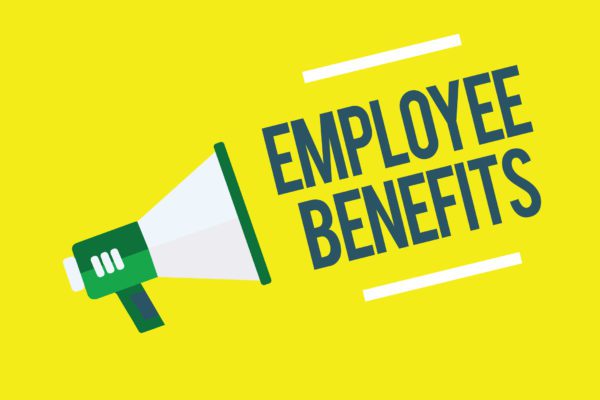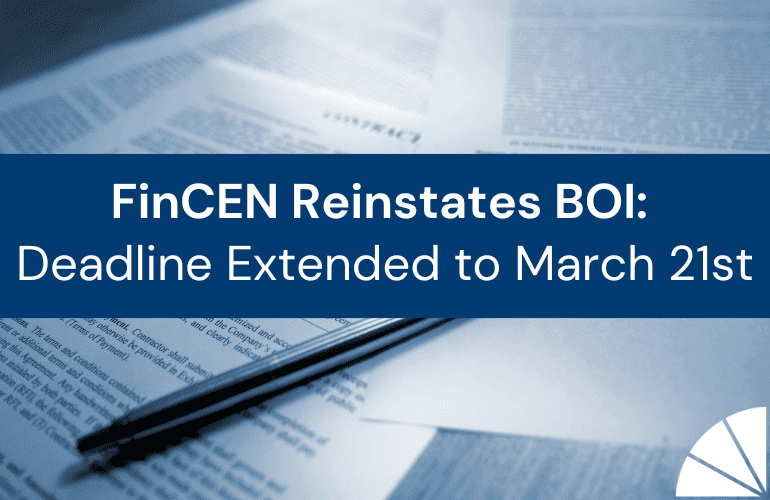
Fall is the perfect time to evaluate your service providers before the new fiscal year begins so you can factor the costs in your upcoming budget. One opportunity to upgrade your service is with your employee benefit plan audit. Many companies have just completed this process and should be considering if their auditor is right for them. Here are four reasons to consider switching your benefit plan auditor:
Fees
If you’re with a large firm, you may be paying large firm prices. Asking for quotes from other firms is a good way to see if your fees are in line with the market or to potentially save some money. You owe your plan participants the opportunity to obtain the most cost-effective audit without skimping on the quality. There’s rarely a reason to pay Big Four or national firm fees when a local firm can provide the same high-quality audit at a more appropriate cost to the company, under a client service centric delivery model.
Experience
Are you working with a firm that “dabbles” in employee benefit plan audits? The DOL has found that firms that only audit one or two plans per year have a deficiency rate of over 75%, which can lead to costly fees for plans. If your plan audit is found to be deficient, you could be subject to costs to have the plan re-audited for a number of years, in addition to any penalties or corrective contributions that may be found during the process. In addition, it’s also a good idea to hire a firm that is a member of the AICPA’s Employee Benefit Plan Audit Quality Center, which sets minimum standards for annual education and keeps its members up to date on all regulatory and audit requirements.
Value
Do you feel like your auditors have a good understanding of your business and your plan operations? Are they asking the same questions over and over or asking you for the same information multiple times? Do you feel like a middleman asking questions of your service providers? Your employee benefit plan audit firm should invests the time up front to gain a deep understanding of your plan and your business so that they don’t end up asking you the same questions again and again. Your audit firm should also be ready and able to work with your service providers and to use all available resources at their disposal before asking you to further investigate an issue. At the conclusion of the audit, your auditor should provide recommendations of process improvements and best practices to ensure your plan is always in compliance with IRS and DOL requirements.
Answers
You should be able to call your employee benefit plan auditor any time during the year if you have questions about your Plan or if you want help implementing the process improvements recommended at the end of the audit. You should also be able to turn to your auditor for introductions if you feel that your TPA or investment manager isn’t meeting your expectations any longer.
While a 401(k) or 403(b) audit is a regulatory necessity, it doesn’t have to be painful. If you feel your audit wasn’t delivering on the value or the quality you deserve for the fees you are paying, it may be time to consider switching auditors. LGA’s team members have conducted hundreds of employee benefit plan audits and have consistently delivered results that stand up to the regulators’ quality standards for reasonable fees. Contact Matt Touma today to receive a personalized fee quote based on your individual plan operations.





